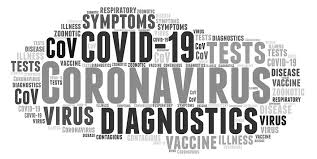And the winner is … not COVID-19 vaccines. Despite sky-high hopes that one of the Nobel committees would recognize research on vaccines that have been administered to billions of people and have saved countless lives, this year’s science Nobels instead went to fundamental advances that had been tipped to win for years.
Some scientists expressed surprise and disappointment at the omission of COVID-19 vaccines, particularly those developed using messenger RNA technology, which have launched a new class of vaccine.
“The Nobel Prize folks could have done something with this year’s award to directly aid global health efforts during a 100-year pandemic. And they chose not to. This is utter dereliction. It is an indefensible decision that will cost lives,” Alexey Merz, a cell biologist at the University of Washington in Seattle, wrote on Twitter on 5 October, after research into the mechanisms behind senses won this year’s medicine or physiology prize.
But Nobel prize insiders and watchers say that timing, technical details and politics meant that a nod this year was a long shot. However, the impact of COVID-19 vaccines — and the underlying advances — indicate that it shouldn’t be long before researchers behind the work get a call from Stockholm.
“The development of mRNA vaccines is a wonderful success story that has had enormous positive consequences for humankind. And we’re all very grateful to the scientists,” says Göran Hansson, secretary-general of the Royal Swedish Academy of Sciences in Stockholm, which selects the prize winners. “This is a kind of discovery that will receive nominations. But we need to take time.”
Not mRNA’s year
The timing didn’t work in favour of a COVID-19 Nobel this year. Nominations for this year’s prizes had to be submitted by 1 February. This was more than two months after the first mRNA vaccines, and some others, proved their mettle in clinical trials, but before their impact on the pandemic was fully clear, Hansson notes. “Follow-up is really still happening now.”…







